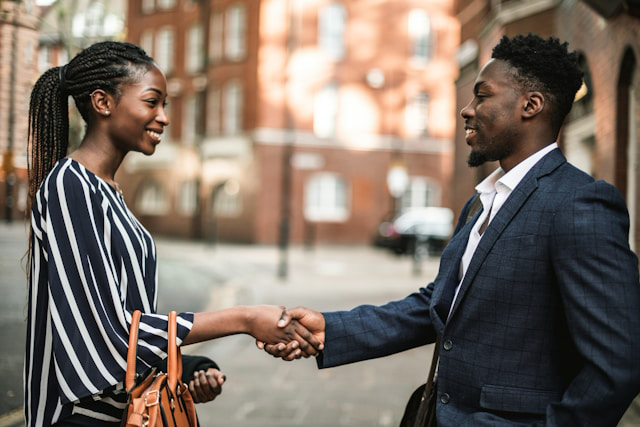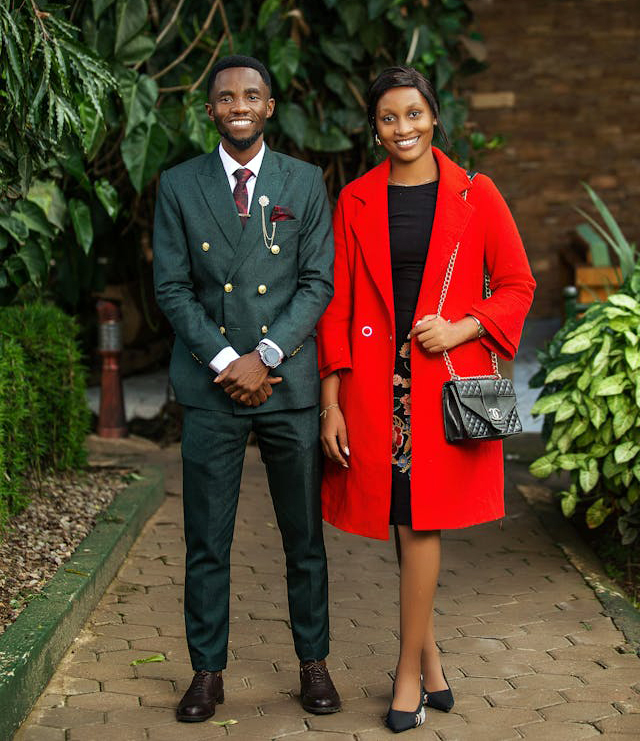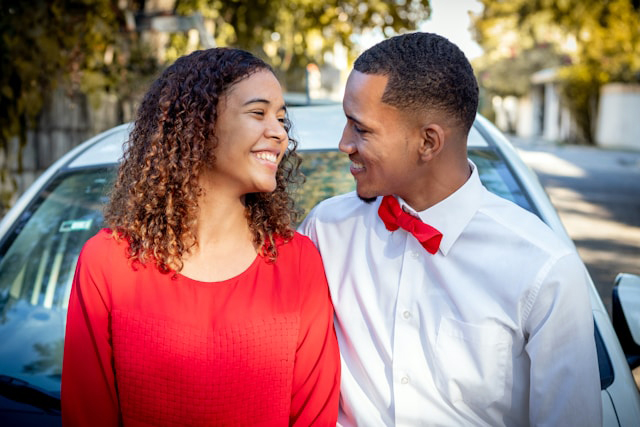How Dressing Well Can Instantly Boost Confidence and Improve Dating Outcomes
Research emphasizes that dressing appropriately for various situations directly influences confidence and social interactions. Items that align with someone’s style foster a positive self-perception, improving mood and engagement in social contexts. Studies on self-esteem suggest that clothing choices that make a person feel good lead to elevated confidence and social ease.
A study by Ryan Vogel and Brian Holtz focusing on workplace behavior also connected professional attire with higher self-esteem and productivity. These findings, though workplace-specific, apply to dating situations as well. The confidence gained from dressing well can enhance interactions, communication, and body language during dates.
First Impressions Shape Perceptions

How someone is perceived upon first meeting carries weight in forming opinions. Clothing, as a visual signal, provides cues about personality, economic status, and aesthetic preferences. Research in person perception confirms that attire can shape favorable first impressions. This matters significantly in dating contexts, where initial judgments often determine whether future interactions occur.
First impressions are often formed within seconds, making it essential to dress to reflect your intentions and personality. In a competitive dating landscape, these visual cues are immediate indicators of compatibility, effort, and emotional intelligence. Dressing in a well-coordinated manner not only elevates attractiveness but signals social awareness and respect for the occasion. Maintaining good grooming alongside appropriate attire also plays a vital role in how one is received.
Clothing as a Signal of Compatibility in Modern Relationships

The way you dress not only influences how you feel about yourself but also how others perceive your lifestyle and compatibility. Many people prioritize finding partners whose values and goals align with their own. In dating contexts, this often involves interpreting subtle cues, such as clothing choices, to determine shared interests or ambitions. Dressing thoughtfully can help showcase qualities like ambition, creativity, or attentiveness—attributes many seek in a partner.
For example, someone aiming to date a high-value man might choose attire that conveys confidence, sophistication, and attention to detail. Similarly, those pursuing other non-traditional relationships or forward-thinking dynamics often use personal style to reflect their authenticity and align with their aspirations. Tailoring your dress to reveal your personal qualities becomes a tool for building connections that align with the values you seek in others.
Digital dating culture also plays a role in style signaling. With the prevalence of dating apps, your profile picture becomes the first impression. Wearing clothes that are flattering, expressive, and contextually appropriate can improve swipe rates and encourage meaningful connections.
Enclothed Cognition: A Confident Mindset Starts with Attire

The concept of enclothed cognition highlights how clothing influences mental processes. Clothes that align with someone’s aspirations boost mental clarity and purpose. This is especially influential in social situations like dating, where confidence directly affects interpersonal dynamics. Dressing in ways that enhance self-perception can shift mood, increase assertiveness, and promote positive interactions.
Furthermore, formal versus casual clothing studies show that individuals wearing tailored or well-fitted pieces exhibited broader thinking patterns and increased confidence. This demonstrates how even seemingly small wardrobe changes can have substantial psychophysiological effects.
Color psychology also comes into play. Wearing bold, bright, or powerful colors such as red or navy blue can influence how others perceive your confidence and charisma. Subtle accessories like watches or shoes can further express attention to detail, another attractive trait in dating contexts.
Practical Evidence: Social and Psychological Benefits

Statistical insights reinforce the link between clothing and self-esteem. For example, research on makeup usage found that women expressing attractiveness through external means, like makeup or a polished appearance, reported sharper increases in self-esteem. Applying this to fashion confirms that stylish people report better well-being and greater readiness to engage socially.
Temple University researchers noted that better-dressed employees displayed higher productivity and confidence. These findings extend easily to personal lives, suggesting that the same principles at work apply during social engagements and dates.
Additionally, surveys among dating app users indicate that individuals who put effort into their style receive more engagement and are perceived as more desirable partners. A polished appearance not only boosts internal confidence but enhances perceived social value. This aligns with the growing importance of self-presentation in both online and offline relationships.
The Role of Authenticity in Personal Style

Adopting a personal style that genuinely portrays character strengthens authenticity. When someone feels their wardrobe aligns with their identity, they are likely to project self-assurance and ease. Authenticity is highly valued in dating scenarios, where transparency and self-confidence foster stronger connections.
Rather than mimicking trends, embracing what feels true to your personality creates a deeper sense of self-worth. People are drawn to those who appear comfortable in their skin, and clothing can be a non-verbal way of communicating that inner peace and personal integrity. Style becomes not just a statement but a consistent reflection of inner values.
Conclusion
In conclusion, the psychology of dressing well demonstrates a clear connection between appearance, self-confidence, and dating success. From shaping first impressions to fostering self-assurance, clothing has far-reaching influences. Dressing intentionally offers not only personal benefits but also cues others about compatibility and values. As fashion becomes an extension of identity, choosing attire that aligns with your authentic self enhances dating outcomes by building confidence, sparking meaningful interactions, and setting a foundation for genuine connections in the modern world.


